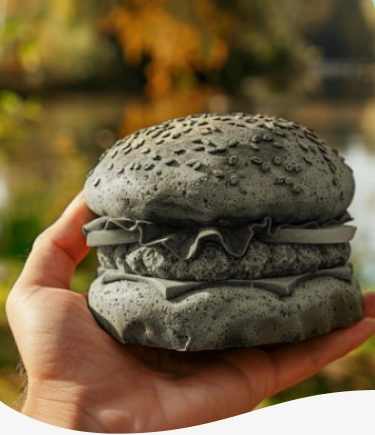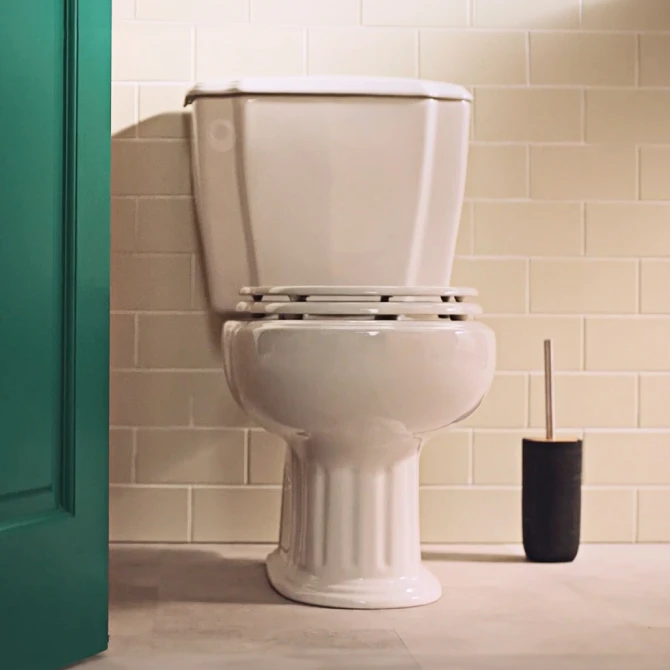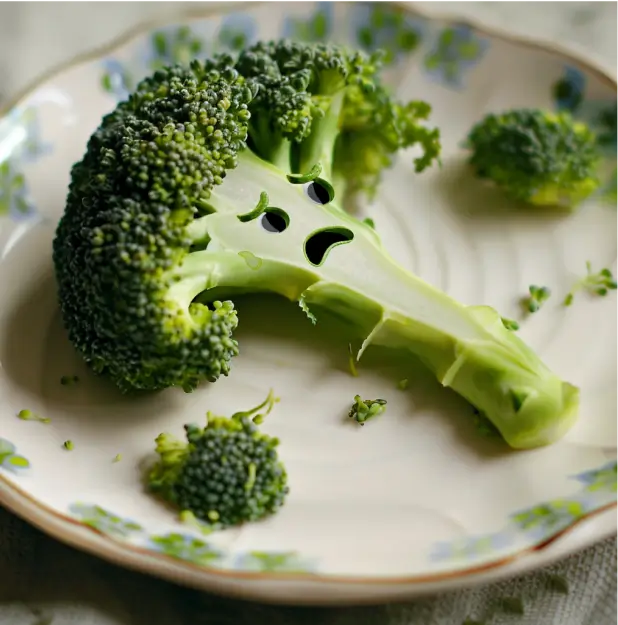
Find Relief: Cheerful Guide to Foods to Avoid When Constipated
Constipation can be more than just a minor inconvenience; it can significantly affect your quality of life1,2,3. Diet is a major factor in managing constipation, but many are unaware of which foods to avoid when constipated1,2,3. In this detailed guide, we will explore the foods that are known to cause constipation, including those with a binding effect and certain high-fiber options that might not always be helpful1,2. "Ease your discomfort by knowing what to avoid — your gut will thank you."
Understanding Constipation-Causing Foods
Don't let constipation spoil your fun. Figuring out which foods to avoid can help you stay on track and keep things moving smoothly. Here are some common culprits to keep in mind:2,3.
Binding Foods
Certain foods can cause constipation by binding stool together and making it difficult to pass. These include:
- Dairy Products and Red Meat
Struggling with constipation? It could be the red meat and dairy in your diet. These foods are known to hinder digestion.1 But hey, no worries! There are tons of yummy options out there to help keep your digestive system happy and healthy.
- Refined Grains and Processed Foods
Refined grains and processed foods have ditched the fiber, and that's not doing your digestion any favors. Opt for their whole-grain counterparts to put some pep back in your step.1
- Fried Foods and Fast Foods
Chowing down on fast food and fried snacks can mess with your digestion, making you feel sluggish. It's better to go for light meals full of fiber to keep your gut happy and your overall health in check!2
- Certain High-Fiber Vegetables and Legumes
Beans and veggies are great for your digestion, but sometimes they can make you feel bloated and uncomfortable. If that happens, try adjusting your portions for a more comfortable experience.4
- Unripe Bananas and Persimmons
Looks can be deceiving—unripe bananas and persimmons might seem innocent, but they can wreak havoc on your digestion. Wait until they're ripe and ready to avoid any digestive detours.
- Overconsumption of Fiber Supplements
Adding fiber supplements to your diet is a smart move, but be careful not to overdo it, or you might run into some digestive issues. Make sure to drink plenty of water to help the fiber move through smoothly.3
Dehydrating Foods and Beverages
Staying hydrated is key to keeping your digestive system in top shape. Let's avoid those dehydrating drinks that can throw a wrench in the works.
- Alcoholic and Caffeinated Drinks
Cheers to moderation! Enjoy your cup of joe, but don't overdo it. Too much alcohol and caffeine can leave you feeling parched and constipated.1
- High-Sodium Snacks and Meals
Salty snacks can soak up your body's water like a sponge. Keep the balance by complementing them with plenty of hydration.
- Sugary Drinks and Snacks
Sweet treats can be tempting, but too much sugar can upset the delicate balance of your gut flora. Balance is key to keeping your gut flora grooving in harmony.


Which Dulcolax® is right for you?
Answer few questions about your poop routine and we'll suggest the right product for you.
The Role of Fiber in Constipation
Misconceptions About Fiber and Constipation
- The Myth of More Fiber Always Being Better
More fiber doesn't always mean more fun. It's about finding your body's happy tune and grooving to it without missing a beat. In some cases, excessive intake of fiber, particularly without adequate fluids, can cause more harm than good, leading to bloating, gas, and uncomfortableness.3
- Understanding Fiber's Role in Digestive Health
Fiber is like the ultimate wingman for your digestive system. It helps keep things moving and supports healthy gut flora, creating an environment that promotes optimal digestion and regularity. However, it's important to note that not all fibers are created equal - some may be more effective than others in promoting bowel movement.4
- How to Choose the Right Fiber for Your Needs
When it comes to choosing the right fiber, pay attention to how your body reacts to different fiber sources, and adjust your diet accordingly. Oh, and don't rely too much on fiber supplements. It's important to mix things up with other nutrients too, for a balanced diet that keeps your gut in check.1
Incorporating Fiber into Your Diet
Adding fiber-rich foods to your diet is easier than you think! Some great sources of soluble fiber include fruits, vegetables, oats, and beans1. Insoluble fiber can be found in whole grains, nuts, seeds, and vegetables such as broccoli and carrots6. It's important to gradually increase your fiber intake and drink plenty of water to avoid any potential digestive discomfort. According to the Mayo Clinic, women under 50 should aim for at least 25 to 28 grams of fiber per day, and men under 50 should aim for at least 31 to 34 grams per day for a healthy diet.
- Recognizing Your Body's Signals
Listen closely to what your body tells you—it could be a quiet hint or a loud message. Either way, it's the key to keeping everything running smoothly.
- Gradually Modifying Fiber Intake
When it comes to adding fiber to your diet, take it slow and steady, take your time, so you both can find your rhythm without any missteps.1
- When to Consult a Healthcare Professional
If you've tried adjusting your diet but still struggle with constipation, it might be time to seek advice from a healthcare professional. They can help identify any underlying issues and provide the right treatment.
.webp)
A Note on Dulcolax
When diet and natural remedies fall short, turn to Dulcolax Tablets. They work to reactivate your natural gut rhythm, providing effective constipation relief when taken at night. Additionally, Dulcolax does not lead to dependency or habituation when used as directed.
In conclusion, understanding which foods to avoid when constipated is a key step towards improving your digestive health. By being mindful of the foods that can cause constipation and carefully balancing your fiber intake, you can help ease your symptoms and maintain a healthy, regular digestive system. Remember to listen to your body and consult with a healthcare provider if you continue to experience constipation.
Disclaimer:
Partly generated by Gen AI
Sources
- National Institute of Diabetes and Digestive and Kidney Diseases. Eating, Diet, & Nutrition for Constipation. Published 2020. Accessed April 12, 2024. https://www.niddk.nih.gov/health-information/digestive-diseases/constipation/eating-diet-nutrition
- Mayo Clinic. Constipation. Published 2021. Accessed April 12, 2024. https://www.mayoclinic.org/diseases-conditions/constipation/symptoms-causes/syc-20354253
- Cleveland Clinic. Constipation. Published 2019. Accessed April 12, 2024. https://my.clevelandclinic.org/health/diseases/4059-constipation
- Food intake and functional constipation. PubMed. Published 2007. Accessed April 12, 2024. https://pubmed.ncbi.nlm.nih.gov/17484376/
- The Nutrition Source – Harvard T.H. Chan School of Public Health. Bananas. Accessed April 12, 2024. https://www.hsph.harvard.edu/nutritionsource/food-features/bananas/
- Centers for Disease Control and Prevention. Fiber: The Carb That Helps You Manage Diabetes. Diabetes. Accessed April 12, 2024. https://www.cdc.gov/diabetes/library/features/role-of-fiber.html








.webp)

.webp)
.webp)





.webp)